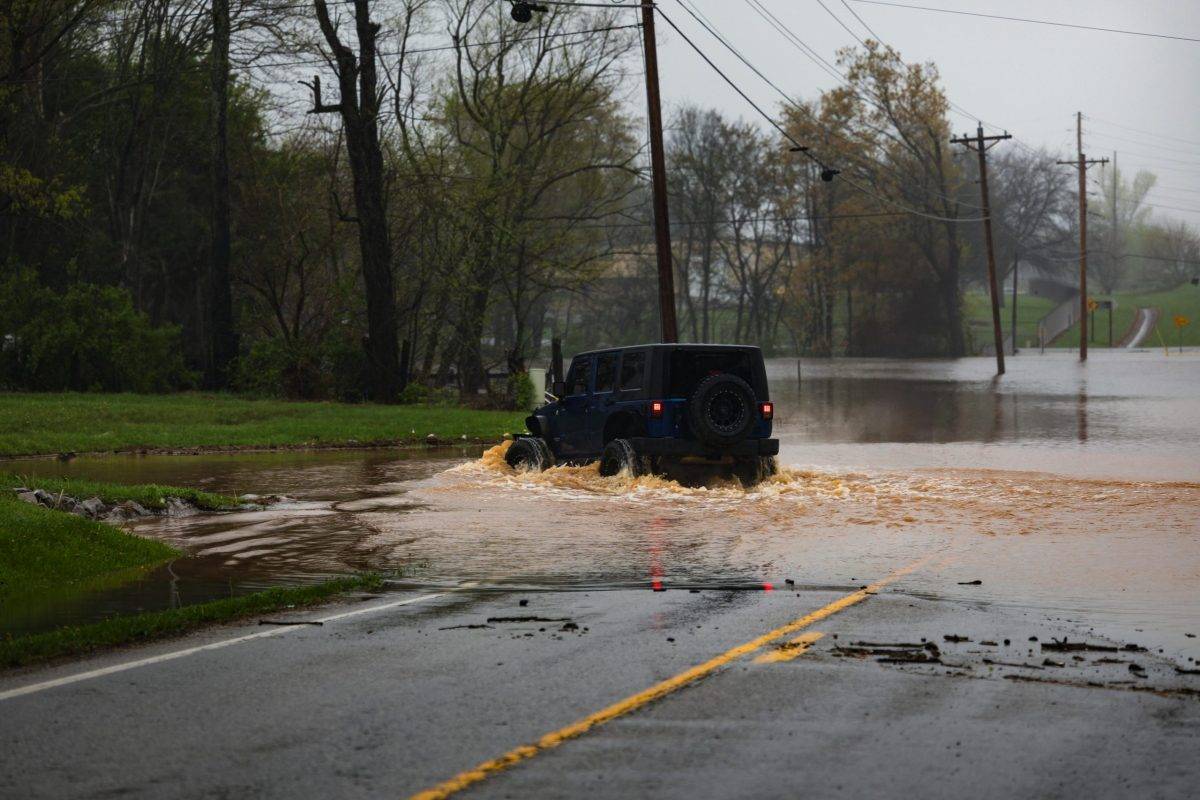Closing Success During a Flood Insurance Lapse
Closing Success During a Flood Insurance Lapse is possible with the right preparation and communication. While a lapse in flood insurance can cause concern for buyers and sellers, taking proactive steps early can help keep your closing on track. With clear guidance and teamwork among your lender, agent, and insurance provider, you can navigate the process confidently and reach the closing table successfully.
A government shutdown often makes headlines for political reasons, but its effects can reach much closer to home, especially in areas that require flood insurance. When the National Flood Insurance Program pauses, it can create temporary uncertainty. Still, with planning and expert support, real estate transactions can move forward smoothly, ensuring that your goals stay within reach despite short-term disruptions.

Understanding the Flood Insurance Lapse
The National Flood Insurance Program, known as NFIP, is managed by FEMA and provides most of the nation’s flood insurance coverage. For properties in federally designated flood zones, this insurance is often required by lenders before a mortgage can be finalized.
When Congress fails to pass a funding extension, FEMA temporarily loses the authority to issue new NFIP policies or renew existing ones. During that lapse, no new flood insurance policies can be issued, expiring policies cannot be renewed, and existing active policies remain valid only until their expiration date.
This interruption can create a bottleneck for thousands of pending home sales, particularly in communities near rivers, lakes, or coastal areas that have been mapped as Special Flood Hazard Zones.
How It Impacts Real Estate Closings
Flood insurance may not seem like a major issue until it becomes the one thing holding up your closing. For buyers purchasing in flood-prone areas, lenders typically require proof of an active flood insurance policy before releasing funds.
If the NFIP is paused, that proof cannot be provided, which means closings may be delayed until the program resumes. According to national housing data, an estimated 3,600 property sales per day could face delays during an extended lapse in coverage.
In Georgia, where neighborhoods near the Ocmulgee River and Lake Tobesofkee continue to attract steady real estate activity, this temporary disruption can create real financial challenges. Sellers waiting to close before moving into their next home may experience setbacks, while buyers risk losing rate locks or contract deadlines.
Finding a Path Forward
Fortunately, there are solutions available for buyers, sellers, and agents navigating this type of situation. The key is to stay proactive, informed, and flexible.
1. Consider Private Flood Insurance
Private flood insurance companies can often step in when the NFIP is paused. These policies are not government-backed but can meet or even exceed federal coverage standards. Premiums and deductibles vary, but for many buyers, a private policy can serve as a bridge that allows the closing to move forward as planned.
Before choosing this route, buyers should confirm with their lender that the private policy meets federal lending requirements and is acceptable for their loan.
2. Ask About Policy Transfers
In some cases, the buyer may be able to assume the seller’s existing NFIP policy, which keeps the coverage active and avoids the need for a new policy during the lapse. This option can be especially helpful when a government shutdown limits new policy approvals.
Your real estate agent and insurance professional can work together to verify whether this transfer is allowed for your transaction.
3. Negotiate Flexible Timelines
If flood insurance cannot be secured immediately, contract extensions can provide valuable breathing room. Addenda or contingency clauses can allow additional time for flood insurance approval once the NFIP resumes operations.
This approach keeps the transaction intact and protects both the buyer’s investment and the seller’s ability to complete the sale when coverage becomes available again.
4. Stay in Close Contact With Your Lender and Agent
Communication is essential. During uncertain periods, staying in touch with your lender and real estate agent can make the difference between a deal that falls apart and one that closes successfully.
An experienced agent can help you explore available insurance options, verify FEMA flood zone maps, and coordinate with your lender to find workable solutions. Your lender may also suggest temporary measures or alternative underwriting options depending on the property and the type of loan.
For Homeowners: Renew Early When Possible
If you already have a flood insurance policy, review your renewal date. Renewing early, before a potential lapse, ensures uninterrupted coverage even during a government shutdown. Many insurers allow renewals up to 30 days before a policy’s expiration.
If your renewal falls during a shutdown, keep documentation of any payment attempts or communications with your insurance provider. Once the NFIP resumes, FEMA typically reinstates coverage retroactively if the payment was attempted during the lapse.
Why It Matters to Georgia Homeowners
From the banks of the Ocmulgee to the scenic coastline near Savannah, Georgia’s landscape offers beauty, but also a measure of flood risk. Many local buyers and investors rely on NFIP coverage to secure financing. When the program pauses, real estate activity can slow across entire communities.
However, preparation and flexibility can turn challenges into opportunities. Buyers and sellers who work closely with their agents, lenders, and insurance professionals often find ways to move forward even when federal programs are temporarily unavailable.
Turning Challenges Into Opportunities
Every real estate market experiences challenges, from policy changes to economic shifts. What defines success is how buyers and sellers adapt. Even during a government lapse, contracts can stay intact, transactions can close, and the path to homeownership can continue.
If you are buying or selling in a flood-zone area, stay calm, stay informed, and keep perspective. Talk with your lender and real estate professional about your options, and take proactive steps to protect your timeline. The National Flood Insurance Program will resume, but smart planning today ensures that your closing stays on course tomorrow.
Buying or selling a home during a flood insurance lapse might feel a little like building an ark in a rainstorm, but remember, preparation and teamwork make all the difference. Even Noah had a plan before the rain began, and real estate is no different. With the right agent by your side, you will not need two of every animal, only a solid plan and steady guidance to help you reach dry ground at closing.
Disclaimer:
The information provided in this blog is for general educational purposes only and should not be interpreted as legal, financial, or insurance advice. Flood insurance requirements and regulations vary by location and lender. Readers should consult their insurance provider, mortgage lender, or local authorities for specific guidance related to their property. Joanna “JoJo” Jones and Sheridan Solomon & Associates make no representations or warranties regarding the accuracy or completeness of the information provided herein.





